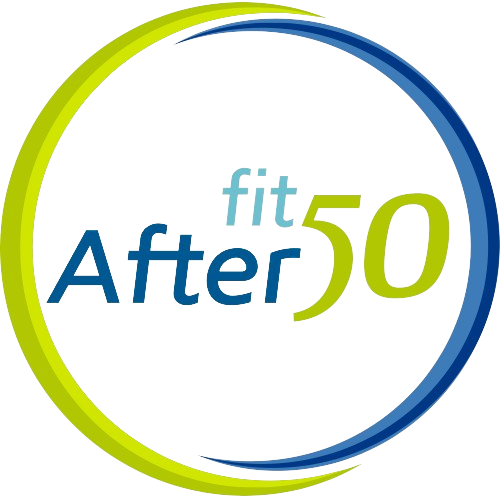Stress may lead to several negative health consequences, including heart disease, stroke, and high blood pressure, as well as immune and circulatory complications.1 According to Statistics Canada, 30% of individuals over the age of 35 consider most of their days to be stressful.2 Work is the leading cause of stress among the Canadian population.3 Knowing that so many Canadians are stressed, is there anything we can do to change this? Well, one of the most effective ways to deal with stress is regular physical activity. Exercise does not only reduce stress, it also enhances our life satisfaction and overall health and well-being.
What is stress? Coming up with an accepted definition of stress is not easy. Stress, stressor, eustress and distress are all terms to describe the experience we know as stress. One common definition of stress is an experience produced through the interaction between the person and the environment that is perceived as taxing or exceeding the person’s resources.
Stress can be presented in two ways; acute and chronic. Acute stress is the result of short stressors (i.e. causes of stress). The sudden ‘surge’ of excitement or fear you experience when, for example, friends surprise you with a birthday party. Chronic stress, however, are stressful events that persist for weeks or months! They will have a detrimental impact on your health if they remain unresolved.
The effects of chronic stress can manifest in different ways. The physiological symptoms include increased heart rate and blood pressure, shortness of breath, etc.4 Emotional or cognitive symptoms include feeling emotionally exhausted, discouraged, overwhelmed, just to name a few.5 Therefore, if the stressor is not resolved, we may feel emotionally distressed. In extreme cases, it may even lead to the development of mental illnesses, such as depression.6
Stress response is an evolutionary adaptation to help our ancestors either catch prey or run away from predators.4 Therefore, the objective of stress response is to bring glucose to muscles so that muscles can use them as energy and keep us moving.4 To achieve this, heart rate, blood pressure, and blood flow to muscles increases.4 ‘Stress hormones’, such as cortisol, are also released to increase blood glucose level.4 If these stress responses are ‘turned on’ for too long due to chronic stress, there will be consequences to our health, such as high blood pressure and diabetes.4
A study by Chekroud and colleagues demonstrated that if we exercise regularly, we will have 1.49 (43.2%) fewer days of poor mental health in a month compared to those who are inactive.7 All exercise types are associated with a lower mental health burden. Popular sports such as soccer, hockey and aerobic and gym activities seem to have the greatest benefit in reducing our stress.7 Individuals who exercise three to five times per week and approximately 45 minutes per session also have the greatest reduction in mental health burden.7 This shows that exercise is beneficial in reducing our stress levels and enhancing our mental health.
There are various reasons why exercise can reduce stress. By focusing on what we are doing in the present moment, we are distracted from the worries, fears or anxiety from stressors. Exercise also stimulates the release of endorphins and dopamine, which are hormones that leads to feelings of pleasure and happiness.4 If we exercise in group settings, such as jogging with our friends or attending group fitness sessions, social interaction within the group can reduce depressive symptoms, and thus enhance mental health.8
So what should we do? You do not have to be fit and fab to reduce stress. Low intensity exercises such as walking and yoga are found to have 17% and 23% reduction in mental health burden respectively.7 In other words, we will gain the benefits of physical activity regardless of the type and duration of exercises that we engage in.
What are we waiting for? Let’s get moving!
Rachel Lau, Bachelor of Kinesiology at the University of Toronto (c)
rachel@fitafter50.ca
www.fitafter50.ca
